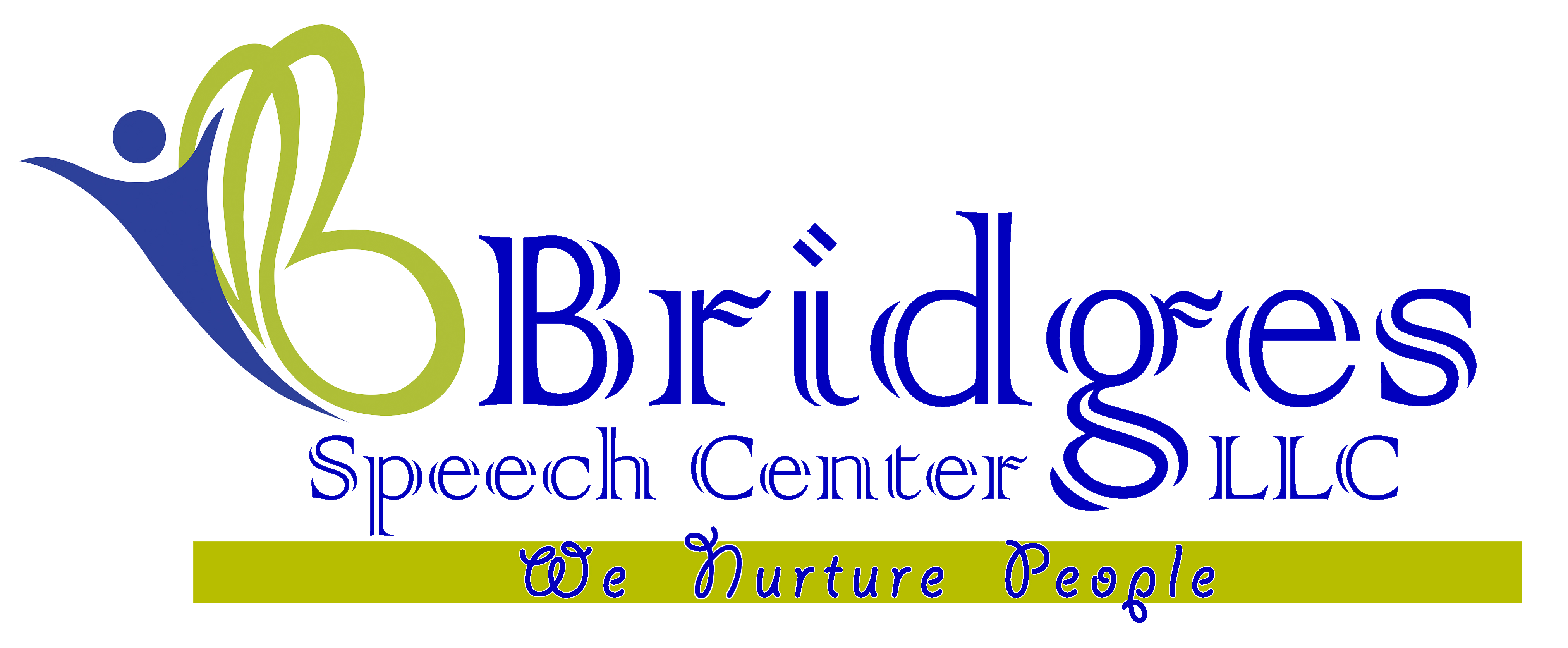When we say the words “Dementia” and “Alzheimer’s disease,” it’s simple to believe they’re one and the same. In fact, they’re very related but not the same. Realizing the difference between the two can result in clearer answers, more precise diagnoses, and improved care. The question is Alzheimer’s a type of dementia often arises when discussing memory-related conditions.
Table of Contents
ToggleDementia: The Big Umbrella
what is dementia
Dementia is not one disease – it’s more of a catch-all for a collection of symptoms that may impact the way you think, remember, speak, problem-solve, and manage routine activities. With Dementia therapy, individuals can engage in activities that stimulate memory and daily functioning. Speech therapy at Bridges helps individuals improve communication, memory, and language skills.
Think of dementia as a large umbrella. Beneath that umbrella, there are numerous individual conditions that lead to these symptoms, such as:
● Alzheimer’s disease
● Vascular dementia (resulting from reduced blood supply to the brain)
- Lewy body dementia
- Frontotemporal dementia
- Mixed dementia (when two or more types are occurring simultaneously)
-
Alzheimer’s Disease: The Most Prevalent Form of Dementia
- Alzheimer’s disease is only one form of dementia – but it’s predominantly the most prevalent, accounting for roughly 60–80% of all dementias.
- It’s a brain illness that progressively damages brain cells over time. What is going on in the brain is a collection of strange proteins -amyloid plaques and tau tangles – that interfere with how brain cells communicate with one another and remain alive.
Some of the initial signs to watch out for include:
- Forgetting recent events or conversations
- Asking the same questions again and again
- Struggling to find the right words
- Putting things in strange places (like the keys in the fridge)
As Alzheimer’s gets worse, it can affect memory, thinking, language, personality, and the ability to handle everyday life.
what is the difference between dementia and alzheimer’s disease
Let’s see in a easiest way:
Dementia = a set of symptoms.
Alzheimer’s disease = a specific illness that causes those symptoms.
Key Takeaway
Each instance of Alzheimer’s is a type of dementia – but not each instance of dementia is Alzheimer’s.
Understand the difference so that you can have the proper expectations, make improved treatment decisions, and locate the resources best suited for the case.
Lastly Should you or a family member observe ongoing changes in memory, language, or reasoning, do not wait – get a professional assessment. A dementia assessment evaluates memory, thinking, and daily functioning to detect early cognitive decline.
Bridges Speech Center is here to guide you along the way. Our mission is to offer individualized, efficient, and empathetic care that empowers you or your loved one to communicate more assertively and live more independently. With effective Dementia therapy and other therapy plans, proven techniques, and a caring environment, we collaborate to produce significant progress

